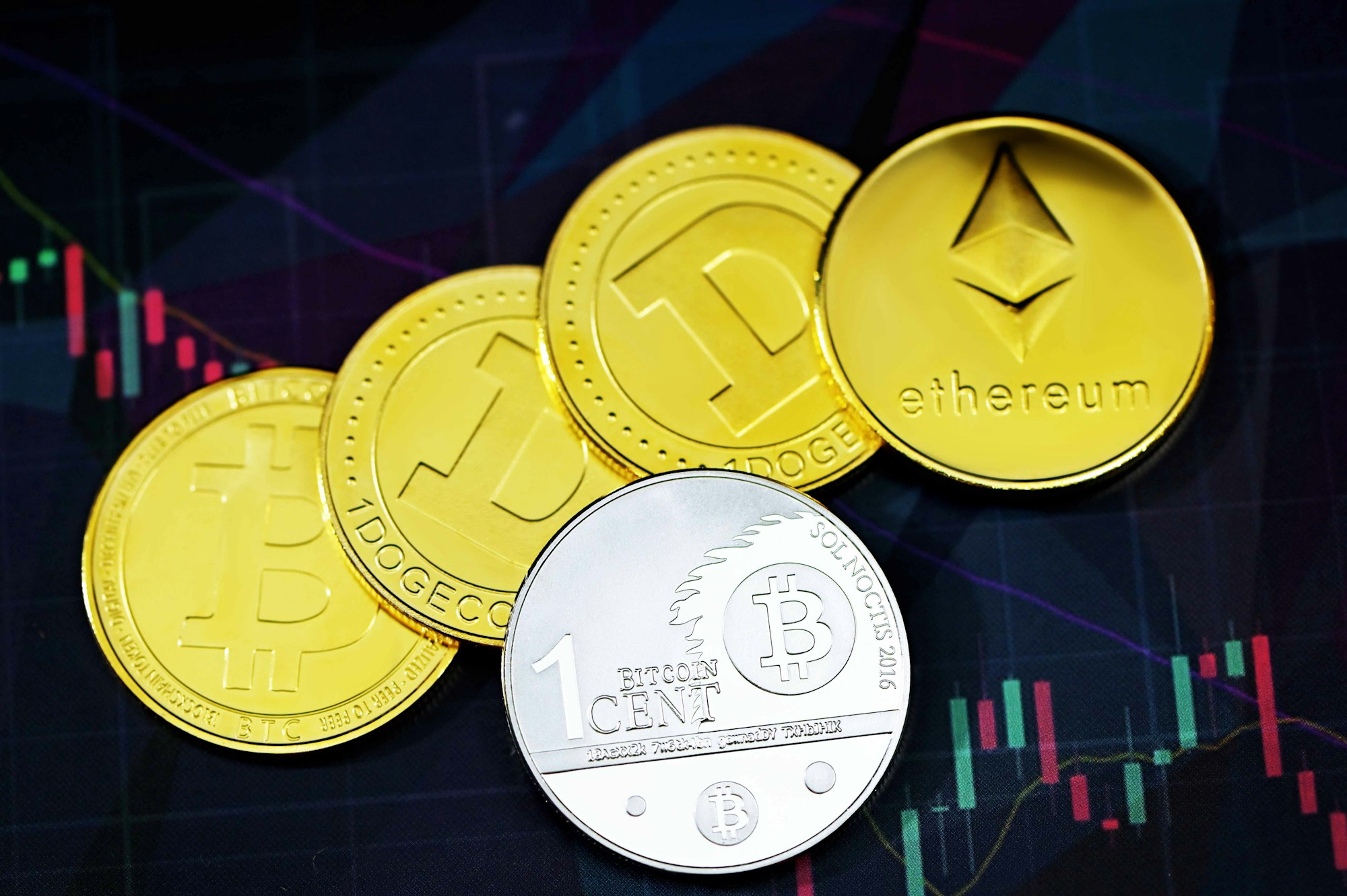Not Your Keys, Not Your Coins
There is crypto and then there is ‘crypto’. The participants in the market are utterly confused or they are trying to take advantage of speculative bubbles driven by ‘the greater fool theory’. What people need to remember is the original intentions of cryptocurrency.

How the Cryptocurrency Market is Flawed
The cryptocurrency market has a lot of people dreaming of making it big and getting all of that sweet Bitcoin, Ethereum, Dogecoin, Ripple and etc money. The cryptocurrency market has been trading in the trillion of dollars this year, and with the use of crypto-wallets and digital exchanges, it’s possible to make a lot of money by buying and selling digital coins. While the cryptocurrency market can be lucrative, it is also full of flaws. The cryptocurrency market is not regulated and many people have lost their money. These flaws can be found in the confusion between speculators' and idealists' playing fields, the lack of governance, and the volatility of the market. If you want to know why there is a confusion of the highest order, then carry on reading.
Misconceptions and original intentions.
There is crypto and then there is ‘crypto’. The participants in the market are utterly confused or they are trying to take advantage of speculative bubbles driven by ‘the greater fool theory’. What people need to remember is the original intentions of cryptocurrency. The originator of Bitcoin, Satoshi, explains the intentions very well in this whitepaper. When Bitcoin came out it inspired an almost anarcho-capitalist ecosystem for alternative finance or popularly referred to as DeFi (decentralized finance). The idea was that traditional finance is being run by a bunch of corrupt, incompetent, and pollyannaish cohorts of debt-hungry politicians. Many people know the pain of flawed monetary and fiscal policies that erode wealth. Also, beware of authoritarian governments that just straight up steal your money.
CeFi or DeFi?
To mitigate against this manipulation, one would want to have trustlessness and decentralization at the forefront of one’s mind when dealing with cryptocurrencies. You would have a non-custodial wallet with the wallet key in your control. No need to depend on someone else to handle the transactions for you, just trust the rules written down in code on the particular blockchain. Supreme power and responsibility are in the hands of the user. Of course, due to the nature of the technology and skepticism of the political ideology, not many people are willing to go all in. The money swirling around in the cryptocurrency space is very attractive though, so people opt for the troubled middle ground, centralized exchanges or CeFi (centralized finance). The ease of use and control from the traditional financial world and the benefits of the gains from DeFi. The problem is as corrupt as traditional finance is, there are regulations that protect you from malicious acts from private citizens, and in the crypto world, there isn’t that much to help you. The collapse of FTX is yet another example of all the bad finance practices from the ‘old world’ being recreated in the ‘new’. The same old story again and again and again with these exchanges. Too many examples in the decade past since cryptocurrencies became a thing. There could be more following the FTX collapse like Genesis and BlockFi looking for bankruptcy protection.
If the exchange was legally treated as any normal institution from a legal or perception basis then many actions would have been disallowed. The wild wild west shenanigans have cast more doubt on ‘crypto’ but again enthusiasts will readily lecture you on why the bad news is mostly leaning on CeFi, not DeFi.
Why does the distinction matter so much for Africans?
Well between the unbanked, inflation nightmares, and increasing digitisation of our economies, cryptocurrencies are bubbling underground, but it still is an unknown field and these traps are very much still out there in the wild. Politicians and the powers that be will love to latch onto these failures to cover up their own, while other states (i.e Central Republic of Africa) have tried to ride the wave within their own control. For convenience and control’s sake, I have little doubt that CeFi will be the model that most people will be drawn to first. It may be another dubious exchange, a pseudo-cryptocurrency that is just digital fiat, or one of the few regulated exchanges that still gives you enough control to eject.
Is there a future for cryptocurrencies?
Defi has its problems but being a deregulated pseudo-bank is not one of them. If it is centralized then it has to be regulated but remember why decentralization is attractive in the first place. Beware of digital fiat because it fundamentally violates all the dreams of cryptocurrencies. It's lipstick on a pig, a pig that we have to contend with today. But also don’t get thrown into all the ideology of blockchains and forget about how it functions. It might not be the exact technology that gets massive adoption but the philosophy behind it as communicated by Satoshi is something worth pursuing. Ultimately seek to have the most control of your money. Seek to evade hackers, crooked custodians, and get-rich-quick schemes. The cat is already out of the bag, so I don’t think cryptocurrencies are going to go anywhere but what does mass adoption look like? The anarcho-capitalist De-Fi dream or the more of a federated group of exchanges with appropriate regulations while retaining the benefit of controlling your money or will it be crypto-fiat - business as usual in digital form?

